Continued continuous positive airway pressure (CPAP)
For the treatment of
Obstructive Sleep Apnoea/Hypopnoea syndrome (OSAHS), Obesity hypoventilation syndrome (OHS), COPD-OSAHS overlap syndrome.
Commissioning position
This intervention is only commissioned if offered in addition to relevant lifestyle advice and if the following criteria have been met:
- moderate/severe degree of one of the above syndromes has been confirmed from sleep study results by a sleep specialist, OR
- mild degree of one of the above syndromes has been confirmed from sleep study results by a sleep specialist, AND
- the person has symptoms that affect their quality of life and usual daytime activities AND
- the person has one or more priority factors as listed in NG202 OR
- lifestyle advice alone has been unsuccessful or is considered inappropriate
AND
confirmation of improvement in symptoms and compliance with the treatment on review of an initial trial period
Prior approval is required in the case of mild degrees of any of the above syndromes but only for the initial trial period, not again for continuing treatment in event of a successful trial and not at all in the case of moderate/severe degrees of any of the above syndromes.
Summary of rationale
There is evidence that treating the above syndromes with CPAP can.
- Improve quality of life
- Reduce daytime sleepiness or symptoms of nocturnal hypoventilation
- Lower blood pressure
For many people with mild OSAHS who have no symptoms or symptoms that do not affect usual daytime activities, lifestyle changes alone can prevent OSAHS worsening and improve their quality of life.
However, some people with mild OSAHS, have symptoms causing greater effect on their quality of life or greater associated risk due to their occupation or comorbidities (e.g. vocational driving, unstable cardiovascular disease) and can benefit from CPAP.
The use of CPAP for people with OHS is a change in practice that is likely to result in less non-invasive ventilation use.
No evidence for the effectiveness of CPAP for COPD-OSAHS overlap syndrome was found but the NG202 guideline group made recommendation for its use on the basis that people with more severe hypercapnia are likely to need non-invasive ventilation, so use of CPAP could also reduce that in this group.
Associated Pathways
Specialties
Places covered by
- east-riding
- hull
- north-east-lincolnshire
- north-lincolnshire
- north-yorkshire
- vale-of-york
